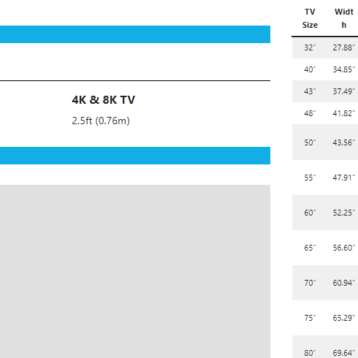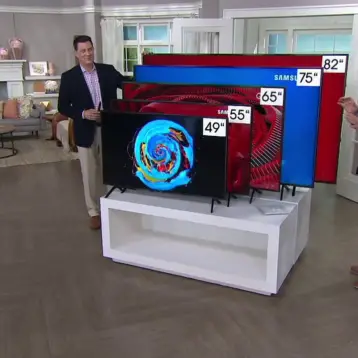|
“This is a critical building block and a fundamental advance on what is already out there. We are talking about networks that are potentially up to 100 times faster without costing the consumer any more,” says Federation Fellow Professor Ben Eggleton, Director of CUDOS which is based within the School of Physics at the University of Sydney. The scratched glass is actually a photonic integrated circuit that has the capacity to increase the slow rate of information carried by optical fibres.
Using photonic technology that has terabit per second speed, the circuit uses the scratch as a guide or a switching path for information. Similar to when trains are switched from one track to another, this switch takes only one picosecond to change tracks. Therefore in one second the switch is turning on and off about one million times.
With the current prototype proving to achieve speeds 60 times faster than current Australian networks, the development team is confident that with further work the future of the technology looks promising. As we move towards faster and faster networking there will be ever higher demand for instant web gratification and photonic technology might be the way towards delivering those needs.
TFOT has previously covered P4P – next generation P2P, an advancement to file sharing technology. The system has the ability to make internet service providers (ISPs) and peer-to-peer (P2P) software providers work together in order to deliver data in a more efficient manner. TFOT also recently covered the world’s smallest transistor, where graphene is carved into tiny electronic circuits with individual transistors not much larger than that of a molecule.
Additional information on the new scratch switches can be obtained at the University of Sydney’s website.











